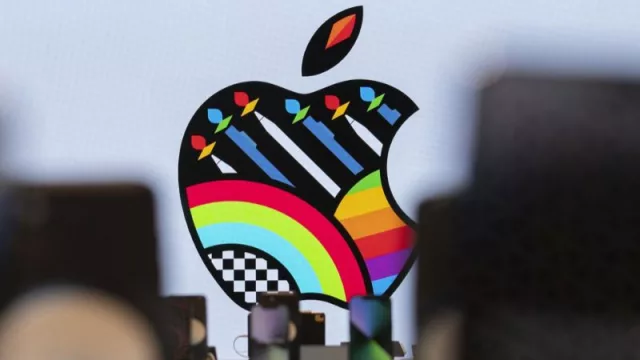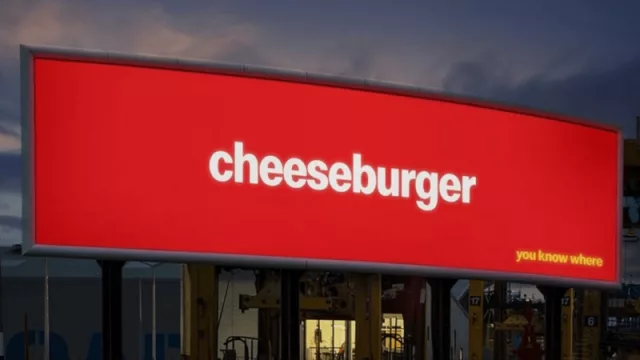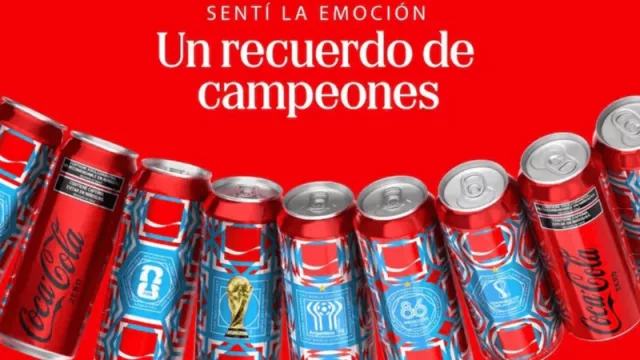Key Analysis
-
Facebook once again missed the top 10, ranking at number 12.
-
Tesla also failed to secure a spot among the top ten, placing 25th. On the other hand, Coca-Cola returned to the top 10, climbing seven spots to reach the 10th position and experiencing an 8% increase in brand value.
-
According to the consultancy, there has been a 20% decrease in the total value of the world's top 100 most valuable brands compared to 2022.
-
However, the overall value of these brands remains significantly higher than in the 2020 ranking.
-
The list of the world's top 100 most valuable brands includes only one Latin American brand, from Argentina.
-
Sixteen brands within the top 100 have increased their brand value compared to the previous year. Airtel (No. 76; +24%) and Pepsi (No. 91; +17%) experienced the most significant growth.
-
Nine brands re-entered the top 100, including Colgate (No. 95), Sony (No. 99), and Pampers (No. 100).
-
Two new Chinese brands joined the top 100 for the first time: Shein at number 70 and Nongfu Spring at number 81.
-
Luxury, Fast Food, and Food & Beverage categories have proven to be the most resilient to market fluctuations.
-
Brands that effectively justify higher prices compared to their competition based on the strength of their equity with consumers have experienced doubled brand value growth, increasing by 67% over the past four years.
Statista.com Graph
Statista.com Graph
Sustainability remains an untapped opportunity for brands, with only 2% of the world's most valuable brands perceived as "cutting-edge" in this area.
Valuable brands are the result of a sustained process of seeking differentiation, aiming to be considered special and creating something even more valuable than the product itself.
This characteristic starts from the early stages or with a strong decision to create that brand discipline.
Economies that drive free trade and market economies, where security and traceability policies have a solid framework of legal and financial security, can generate sustainable investments over time. These economies generate more value and wealth, directly impacting societies and the environments where they originate, thus feeding back into the environment where they originated.
The Importance of a Value Discipline:
-
Apple's retention of the top position as the world's most valuable brand in the Kantar BrandZ ranking highlights its aspirational appeal and consolidates its position. The ranking, published this week, reveals that the total value of the world's top 100 most valuable brands in 2023 is $6.9 trillion. Despite a 20% decrease in the overall index compared to 2022, the brands in the top 100 continue their long-term growth trajectory, with a 47% increase compared to pre-pandemic levels in 2019.
-
With a brand valuation of $880.5 billion, Apple has demonstrated its resilience in challenging market conditions. The company's ability to justify its high prices through positive consumer perceptions has allowed it to successfully navigate global economic disruptions. According to Kantar's analysis, significant, distinctive, and outstanding brands are better positioned to overcome economic turbulence.
-
Google and Microsoft complete the top three, solidifying the dominance of technology companies in the ranking. Interestingly, Argentina has the only valuable brand within the top 100.
-
Mercado Libre, the Argentine-founded company that has undergone management location changes, maintains its presence among the world's top 100 most valuable brands, ranking at number 72. For the second consecutive year, it remains the only Latin American brand included in the ranking, maintaining its position as the largest and most relevant e-commerce and online payment ecosystem in Latin America.
-
While the market has shown volatility and has been significantly affected by the international macroeconomy, consumer perceptions of brands have proven to be much more stable, and the world's most valuable brands continue to be highly regarded.
-
The total value of the world's top 100 most valuable brands in 2023 amounts to $6.9 trillion. Manuela Urrutia, BrandZ Leader at Kantar Argentina, highlights that the key lessons for brands and marketing professionals remain clear: effective marketing investment and a long-term vision are vital for a company's growth opportunities.
Brands that consistently invest in establishing strong connections with their consumers are much better prepared to navigate current conditions of uncertainty and generate higher returns for their shareholders.
Success Stories in 2023, Setting an Example:
Pepsi's brand value has increased by 17% year over year, reaching a total value of $18.8 billion, allowing the brand to reenter the global ranking at position 91. Defined by a successful advertising strategy, the brand elevated its price positioning in the United States and is recognized as a valuable brand worldwide. Coca-Cola (No. 10) demonstrated resilience by increasing its brand value by 8% and returning to the top 10 for the first time in seven years.
TikTok (No. 41) remains the second most disruptive brand in the top 100, surpassed only by Tesla (No. 25). Tesla continues to be regarded as a true revolutionary, enjoying a brand value of $67.7 billion in 2023. Ferrari, outside the top 100, makes its debut in the top 10 automotive brands with a valuation of $7.7 billion, demonstrating increased demand and perceived value among consumers, even in challenging market conditions.
Other emerging brands competing in the electric vehicle sector, such as Polestar, Li Auto, and Genesis, are likely to experience an increase in their value in the future.
Food and beverage brands demonstrated resilience as a category, with a collective value decrease of only 3% compared to the previous year. Doritos demonstrated the value of its claim to have superior flavor, securing the 19th position in this category with a brand value of $5.4 billion. This is just one example of many brands in this year's report that show how functional benefits can be key to outperforming the competition.
The fast-food category had the second-best performance, with notable brands such as Burger King, Chick-Fil-A, and Starbucks. Resilience in this industry is attributed to increased exposure and enhanced experiences. For example, Burger King reduced waiting times in the drive-thru service through a simplified menu, digital panels, and strong investment in communications, resulting in an 8% increase in brand value to $7.7 billion.
Luxury brands maintained their allure despite gradual and consistent price increases. Louis Vuitton is the only luxury brand in the global top 10 that advanced two positions to reach the number 8 spot, with a brand value of $124.8 billion. Dior is the fastest-growing brand in the category, with a 9% increase in brand value reaching $11.4 billion. The overall success of this category highlights the undeniable ability of luxury brands to leverage their distinctive advantages and generate demand and pricing power, even amid economic upheavals.












Tu opinión enriquece este artículo: